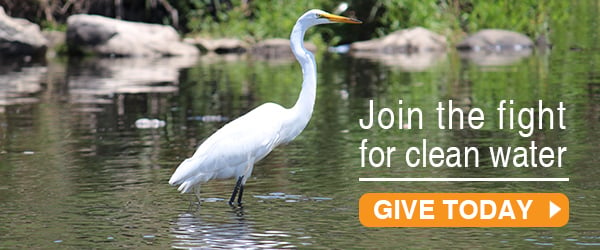Flow, Filter, and Foliage: Measuring Bioswale Performance
- When:
- November 2, 2016: 6:30PM to 8:00PM
- Where:
- 543 Union Street, Brooklyn 11215 map
- To Attend:
- Register Here!
Join the Gowanus Canal Conservancy to explore ways to increase the effectiveness of bioswales, or rain gardens, which help to retain and filter street stormwater.
New York City uses a combined sewer system, where storm water from the street is processed in the same system as our household sewage. When it rains, the large volume of water causes combined sewer systems to overflow, releasing untreated sewage into waterways in the area. This deep-seated infrastructure issue is a major source of pollution in NYC waterways. To combat this issue, the city has begun construction of thousands of bioswales, or rain gardens that can absorb large quantities of water and divert it from the city’s sewer system. Researchers are now looking at the ecology of bioswales to improve their performance. Panelists will introduce their ongoing research on the various plants and soil used in green infrastructure throughout the city and how the species and nutrient composition can affect bioswale performance.
Moderator: Suzanne Lipton, Columbia University Earth Institute
Panelists:
Sarah Bruner, Columbia University
Nandan Shetty, Columbia University
Walter Yerk, Drexel University
Lecture entrance is through the alleyway gate on Nevins St. There is $5 suggested donation at the door, and Brooklyn Brewery beer will be available for a $3 suggested donation. Register on Eventbrite.
This event is part of the 2016 Urban Ecology Lecture Series
Plants, animals, humans, economy, culture, and infrastructure all make up our urban ecology. These elements are constantly interacting, creating both change and equilibrium in a complex environment. Once a month, our guest panelists bring perspectives on timely and practical aspects of urban ecology from science, history, social science and professional fields through short, dynamic presentations and lively panel discussions that include Q&A with the audience.

